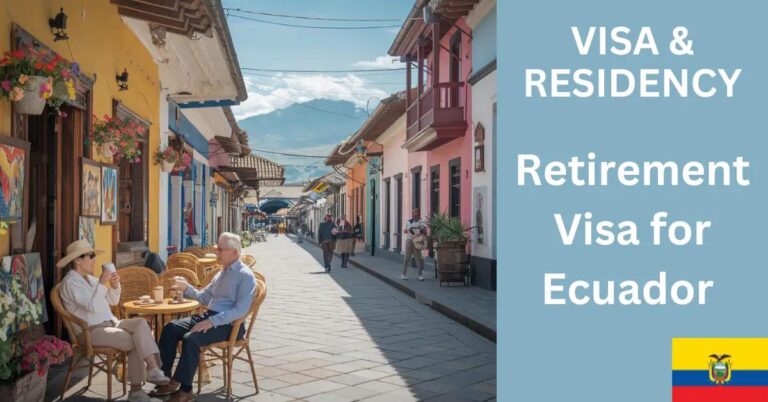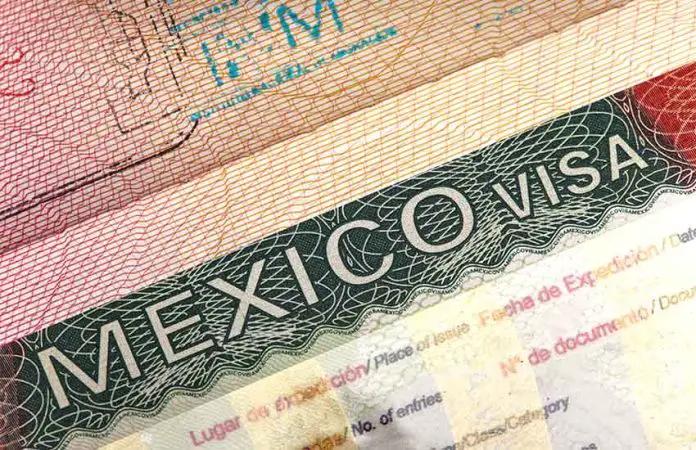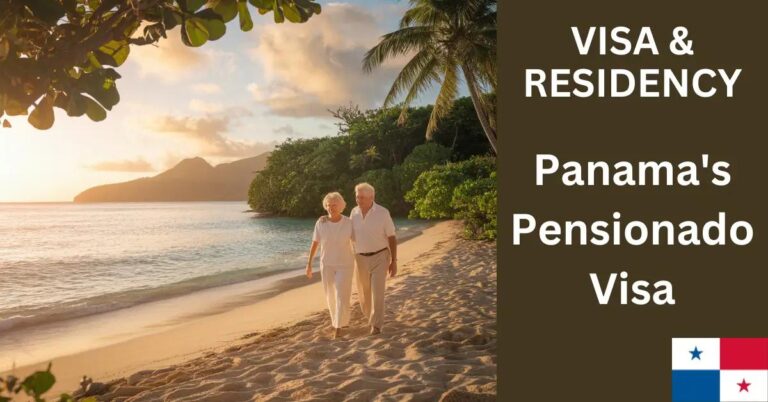TL;DR:
- Visa Required: The Elective Residence Visa for retirees in Italy.
- Income Requirement: €31,000 per year for individuals; higher for couples.
- Application Needs: Proof of income, health insurance, clean criminal record, and residence in Italy.
- No Work Allowed: Visa holders cannot work in Italy.
- Application Process: Apply at Italian consulates; fees apply.
- US Taxation: Italy taxes US retirement income, mitigated by a tax treaty.
- Community Support: Expat forums and communities are available.
- Long-term Residency: After five years with the elective visa.
- Cost of Living: Varies; smaller towns are more affordable than cities.
- Healthcare Access: High-ranking public system available with residency.
- US Benefits: Retaining US benefits possible; verify with providers.
So, you've been dreaming of sipping espresso in the Italian sun and wondering if Italy is your perfect retirement haven? Let’s explore the essentials of Italy's retirement visa. I'll walk you through the requirements, from financial proof to application steps. Imagine the vibrant culture, rich history, and community connections at your fingertips in Italy! But, what does it really take to make this dream a reality? Let’s find out.
Understanding Italy's Retirement Visa Requirements
The retirement visa process in Italy might seem complex, but let's simplify it. For retirees, the visa you need is called the "Elective Residence Visa." This visa lets you live in Italy without working, as long as you meet certain conditions.
What are the general requirements for a retirement visa in Italy? The crucial requirement is proving financial independence. Italy wants to ensure you can support yourself. You must show stable income that's sufficient for living comfortably in Italy. This income can come from pensions, savings, or other sources. Italy requires proof that your yearly income is around €31,000 for an individual, though this number can vary. Having health insurance is also a must.
To apply, you must visit the Italian consulate or embassy in your area. Bring documents like proof of income, a valid passport, your visa application form, and proof of accommodation in Italy. You may also need a clean criminal record.
How do the elective residence criteria apply to retirees? Essentially, these criteria mean you're choosing Italy as your main home. You're not allowed to work while on this visa. The focus is on enjoying Italy's culture and lifestyle in your golden years.
Are there any application fees or processing costs involved? Yes, there are fees. The application cost varies but is generally affordable. Check the exact fee with the Italian authorities or consulate. Processing times can differ, so apply early to avoid stress.
Understanding these basics will set you on the right path. Remember, each case is slightly different. It’s wise to reach out to experts or consult official resources for any holds-up you encounter. For detailed information, visit the Italian Ministry of Foreign Affairs site to get the latest updates and requirements.
What Residency Options Are Available for Retirees in Italy?
Italy offers several residency options for retirees, making it an attractive spot for your golden years. The most common move is applying for the Elective Residence Visa. This option doesn't allow work, but it's ideal if you wish to retire comfortably. To qualify, you need to prove sufficient income to support yourself without work. But what does "sufficient income" mean? Typically, it means demonstrating a secure income stream, like retirement funds or stable investments.
So, can Americans apply for a retirement visa in Italy? Yes, you can! As an American, you are welcome to apply for the Elective Residence Visa. The process involves applying at an Italian consulate in the U.S. before heading to Italy. Remember, your financial documentation must be rock-solid, as that's a significant part of the application. Once your visa gets approved, pack your bags and settle in.
Now, what does long-term residency look like for seniors in Italy? After holding an Elective Residence Visa, you can apply for a long-term residency permit. This step happens after staying in Italy for five years. However, prove your financial stability and insurance coverage while applying. Most retirees find their way to this status by maintaining their finances and enjoying the Italian landscape.
Are there communities or forum support for expat retirees in Italy? Certainly! Italy boasts vibrant expat communities where retirees exchange tips over coffee or online. Try diving into Italy Expat Forums to ask questions and share experiences. Engaging in these communities can help with settling down and understanding local customs. It's not just about living in Italy; it's about forming connections and enjoying life with fellow expats. As you explore these forums, you can find local events, activities, and even meet-ups aimed at making your transition smooth and joyful.
How to Plan Financially for Retirement in Italy?
To retire comfortably in Italy, understanding the financial requirements is key. You must have a consistent source of income. An Elective Residence Visa requires you to show steady funds. So, what's the income requirement? You need about €31,000 per year if you're single. For couples, it's around €38,000 annually.
Wondering if Italy taxes US retirement income? Yes, it does. Italy taxes retirement income from the US. But, there's a tax treaty. It helps avoid paying twice. You pay Italian taxes on your pension income, so plan accordingly.
You might ask, how to manage banking and finances in Italy? Open a local bank account. It simplifies transactions and keeps track of your spending. Using multicurrency accounts can also be smart. They let retirees handle money in different forms, reducing conversion fees.
For savvy financial planning, consider experienced advisors. Seek advisors with expat knowledge. They can guide you on tax laws and retirement savings. A good advisor ensures compliance and maximizes your income.
What about proof of finances for retiring in Italy? Start by showing bank statements. Pension statements also serve as proof. These proofs affirm you have funds in Italian banks to cover living costs.
Long-term planning is vital. Think about healthcare costs. Planning for emergencies in Italy is also wise. Calculate property taxes if buying a home. These are extra hidden costs to consider in your budget.
Moving to Italy involves calculating required savings. How much should you set aside to retire here? Save 20-30% more than your expected expenses. This cushion covers unforeseen costs.
In summary, retiring in Italy demands financial readiness. From income requirements to tax details, adjust your strategy. Being prepared helps you enjoy the Italian lifestyle without financial stress.
Retirement Visa for Italy: What Are the Basics?
Retiring in Italy can be a dream come true. Let's explore why, starting with the cost of living. How does the cost of living in Italy compare for retirees? The cost can be lower than many parts of the USA. However, it depends on the area you choose. Small towns and rural areas tend to be more affordable. Larger cities like Rome or Milan may be pricier. Everyday costs like groceries, transport, and dining vary widely.
What healthcare benefits are accessible to retired expatriates? Italy's healthcare system is public, and it ranks highly worldwide. Once you are a resident, you can access it. This system covers most medical expenses, but there might be small fees for some services. It’s great that Italy values health so much.
What leisure and lifestyle activities are available for retirees in Italy? Italy offers plenty of activities to enjoy. You can explore ancient ruins or spend time in beautiful vineyards. Art and music are also great pastimes. Join local clubs to learn about culture or language. There's so much to see and do for every interest.
How popular is Italy as a retirement destination, and why? Italy is a top choice among retirees due to its rich culture and stunning landscapes. The laid-back lifestyle and warm people attract many. The mild climate is perfect for enjoying outdoor activities year-round. Yes, Italy is very popular for retirement.
Can retirees maintain their US benefits while living in Italy? Yes, many can keep their US benefits, like pensions and Social Security, even abroad. It’s wise to check with the source of your benefits for details. Staying informed ensures you continue to receive what you’re entitled to.
Retiring in Italy offers an enriched life full of new experiences and benefits. Enjoy the vibrant lifestyle that awaits you!
Conclusion
Navigating the retirement visa process in Italy might seem complex, but it becomes manageable with the right guidance. Meeting the elective residence criteria and proving sufficient income are key. Understanding application fees and costs helps avoid surprises. When it comes to lifestyle, Italy offers a vibrant community for retirees, especially Americans. With appropriate financial planning, you can embrace Italy's rich culture and healthcare benefits. Remember, your dream retirement in Italy is within reach with careful planning and by leveraging the resources and communities available to expatriates like you. Enjoy the journey ahead!







